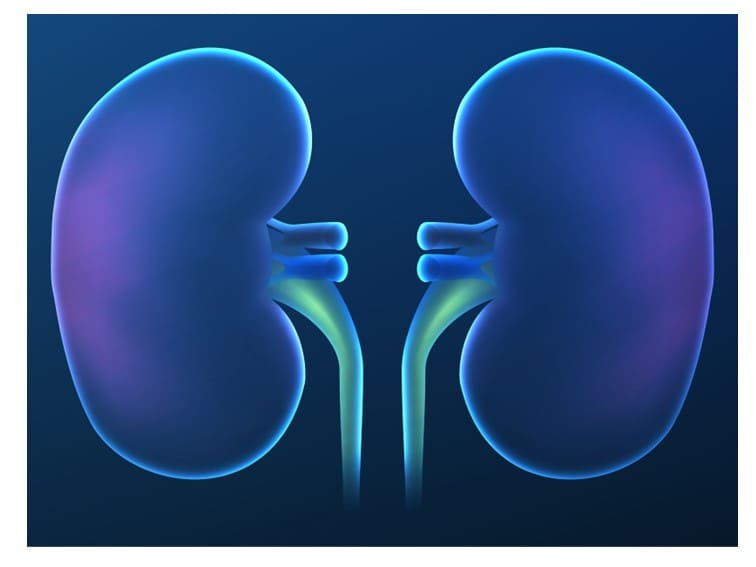Do you feel tired all the time and experience muscle cramping often and also notice changes in urination pattern – then you must report your symptoms to your nephrologist because these symptoms could be subtle signs of declining kidney function. Though there could be a possibility of other underlying health conditions, knowing about your kidneys’ function should be your prime concern.
People often use the terms renal failure and renal insufficiency to describe declining kidney function. Now, the question is…
Are the terms renal insufficiency and renal failure one and the same? Let us try to understand…
We often use these terms – chronic kidney disease, acute kidney injury (acute renal failure), renal insufficiency, and renal failure to describe when kidney function drops below healthy levels. Many people use these terms interchangeably, but there is a sharp distinction as far as the use of these terms to refer to declining kidney function.
Renal insufficiency
It is a broad term used to describe all stages of kidney impairment or declining kidney function. It can be mild, moderate, or severe.
In other words, renal insufficiency implies some degree of kidney failure, but it doesn’t mean that kidneys have stopped working altogether.
There are two types of renal insufficiency:
Acute kidney Injury or Acute Renal Failure (ARF) is an abrupt or sudden decline in renal function. In this condition, kidney function declines within a short period of time. The condition is reversible.
Chronic Kidney Disease (CKD) or Chronic Renal failure (CRF): In this case, kidney function declines progressively and persistently. It occurs over a long period of time. It is not reversible. It is manageable though.
Glomerular Filtration Rate (GFR): The rate at which your kidney’s glomeruli or filtering units filter blood and remove impurities.
Normal GFR is 120–125 mL per minute.
Renal Failure
Doctors use this term to describe the late stage of chronic kidney disease (CKD), It is also known as end-stage kidney disease. Renal failure means kidney functions have significantly declined or nearly stopped working which cannot be improved
End-stage kidney disease: If GFR falls below 15, doctors diagnose the condition as End Stage Kidney Disease or Renal failure.
Symptoms of Renal Failure
The signs and symptoms associated with renal failure may depend on the severity of the condition and may include:
- Nausea/vomiting
- Swelling in the hands and legs
- Changes in appetite /Lack of appetite
- Weakness or numbness
- Difficulty in breathing
- Low urine output
- Itchy or dry skin
- Muscles cramps
- Weight loss
Treatment
Nephrologists address mild to moderate renal insufficiency by prescribing medication and recommending dietary and lifestyle changes. They also prescribe medicines to address underlying conditions such as diabetes, high blood pressure, or high cholesterol levels. For the management of chronic kidney disease, doctors recommend dietary changes including restrictions on salt intake, and reduction of sugary and fatty foods, some may need fluid restriction.
Regular Exercise of 30-45mts duration is mandatory.
However, for end-stage-kidney disease, dialysis or kidney transplant remains the only life-saving treatment option for which patient education and planning are essential and hence it is recommended to see the nephrologist early!

Leave a Reply